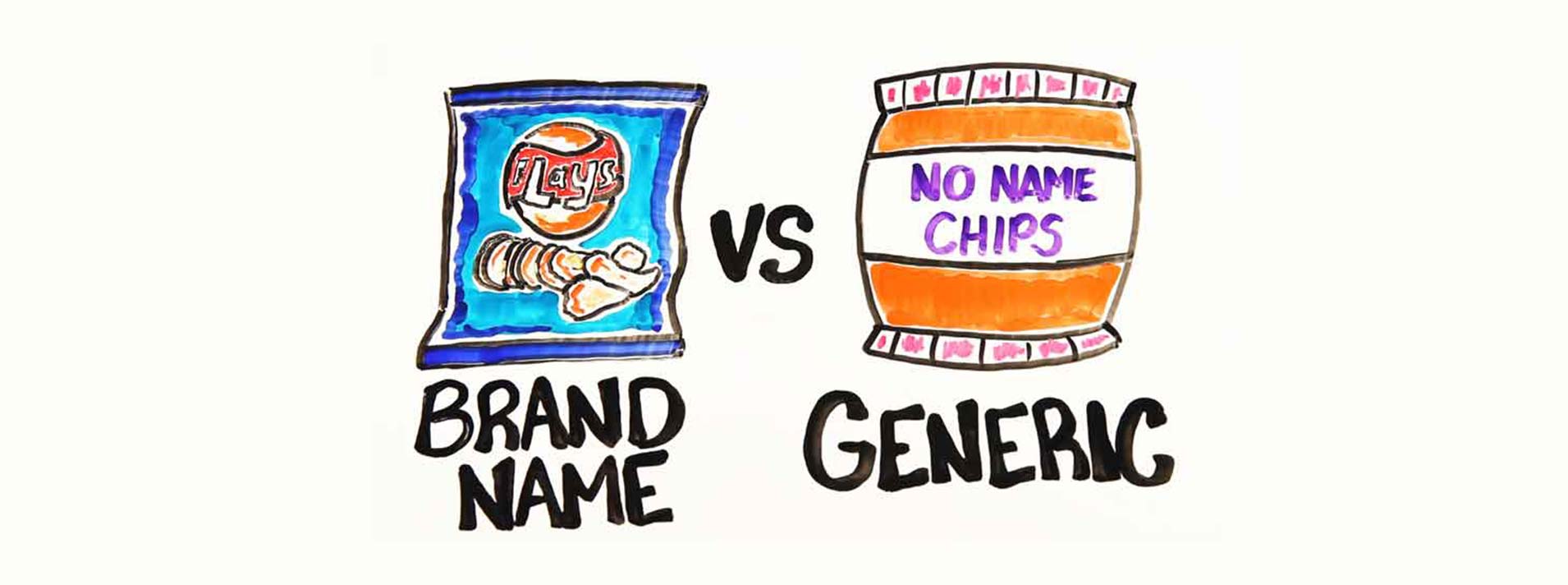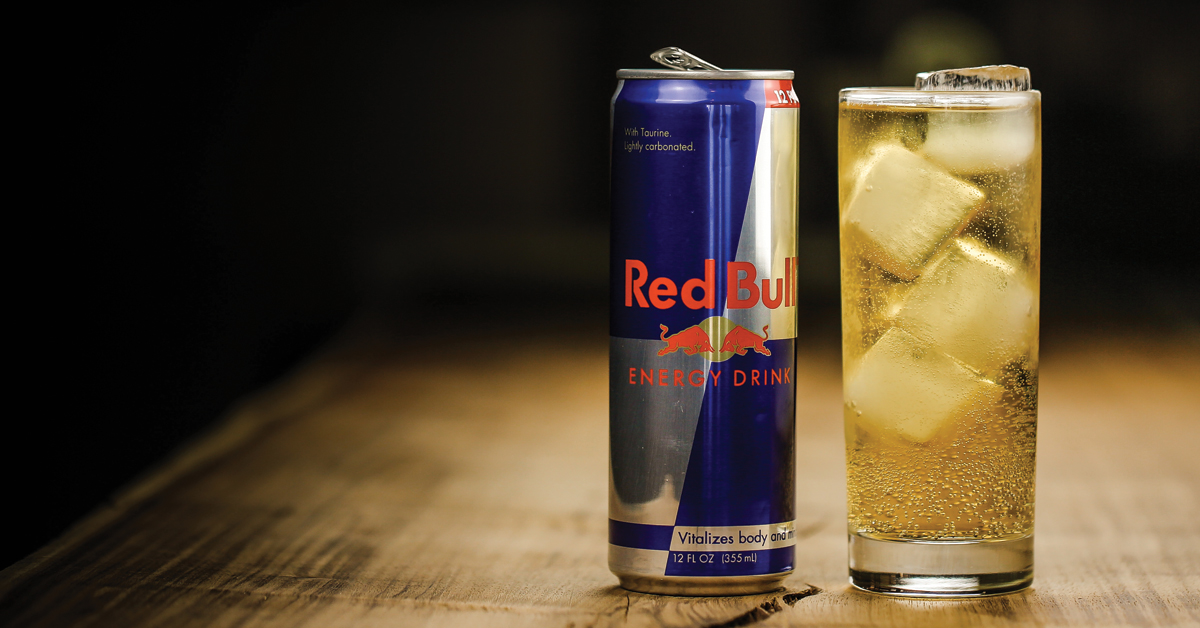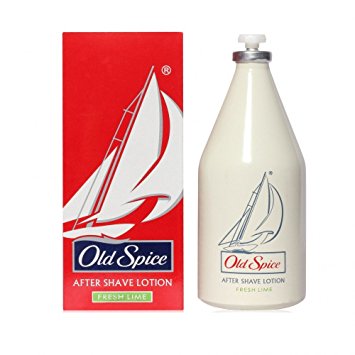
by Arundhati Roy

Share
TweetIn the marketing community, people tend to conform to two kinds of schools of thought- one which is focused on the product and the other which is focused on the brand. More often than not, the product school seems more reliable in comparison, given the fact that it is the product which has to face the music in the due course of time. But that does not necessarily leave the brand out of question.
Products primarily share two types of relations with the consumer- as a mere generic tool and as a brand that it represents. The brand adapts to the subjective ambiguity and molds itself as per the consumers’ perception of it. Whereas, a product does not have a character on its own and has the potential to be easily ignored. The brand is that which accentuates the product - it gives it more meaning and an identity.
This very thought drives me to wonder if it is a better product which makes the cut in the market or is it the better brand which does most of the selling, if not all of it, at the end of the day?

A product is evident in its existence, it is tangible. But a brand on the other hand, always exists in the minds of people. Hence, the (biased) choice that a consumer ends up making is a result of how s/he deduces the brand for herself/himself. If you ask yourself which is the best energy drink, there is a fat chance that you’d think of Red Bull.This is so because Red Bull has the perception of being the best energy drink, it has marketed itself so aggressively and with such a distinct approach, it has succeeded in creating a very strong, positive image among its audience. The name ‘Red Bull’ puts a face on the aerated drink. I’m sure it is simpler to make a better energy drink than to develop a better perception than Red Bull in consumers' minds. Perceptions, above all, are very difficult to change- it’s like habit.
Continuing with the same example, imagine a world where Red Bull did not exist. Would you still buy the energy drink? Would the idea of it excite you just like the idea of drinking a ‘Red Bull’ does otherwise? In a way, the product is stripped naked of it’s so called, ‘x-factor’. For all we know, it can just be a mass placebo effect. It is amazing to see how certain brands capture a tiny space in our minds and tend to remain there forever. A good consumer experience with a brand is equivalent to half a battle won.

 Consider this: everyone has that one memory from our childhood which is related to a specific brand. For example, chances are you have used Old Spice after shave lotion because you have a memory of your father using one. The smell is perhaps the first thing that pops into your head when you think of Old Spice, and it instantly transports you back to a time when things were happier, if nothing else. This subconscious emotional attachment provides a huge leverage to Old Spice, that is needed to compete in the market. It can easily be argued that this emotional equity is what lends the brand the coveted USP.
Consider this: everyone has that one memory from our childhood which is related to a specific brand. For example, chances are you have used Old Spice after shave lotion because you have a memory of your father using one. The smell is perhaps the first thing that pops into your head when you think of Old Spice, and it instantly transports you back to a time when things were happier, if nothing else. This subconscious emotional attachment provides a huge leverage to Old Spice, that is needed to compete in the market. It can easily be argued that this emotional equity is what lends the brand the coveted USP.
Our culture is going through the digital shift and that makes us more aware of older, obsolete things because the definition of oldest in this case, might be just a few months. The need to maintain a good reputation online is paramount in the digital age and space because consumers tend to make judgements about a brand from the get go! Unlike in the earlier times, when it was possible to support a brand name by the sole virtue of a product; it was a time when the product was given importance because of its ability to function and provide a solution. Consumers liked something because it could perform, which in turn had an effect on the brand’s credibility in the market.
But does that relationship between the consumer and the brand remain the same if and when the product breaks down and is unable to serve any longer? Does the product then conform to its banality when it ceases to hold any further meaning in the consumer’s life? The emotional equity then comes into play for a customer. It is their call if they wish to choose to continue with the same brand or not. Just look at the Apple tribe. An iPhone is almost always replaced by an iPhone, going back to an android is not a very ideal situation for Apple customers. The fact that a brand has the potential to habituate an entire mass of people with their value system is something commendable yet alarming. The emotional equity of consumers in such cases is deeply affected by the social position offered by brands in the lifestyle category.
But at the end of the day, loyalty is a disloyal quality. It gets swayed when something better catches its eye. Consumer behaviour tends to be unstable that way. There are way too many fish in the sea vouching for the same money coming from the same pocket and there is always going to be something in the market which is better and bigger and cheaper.
In this respect, the human interaction with a brand then keeps changing from product to product. The attachment and attention is only until the product is of use because if the product has broken down, even if temporarily, it does not serve any utility for simply belonging to a brand.

Sometimes, an emotional attachment with a brand is enough to market itself. A new product announcement is enough to create a hype in the market. At this stage, a previous user experience is what is going to drive the consumer’s interest. Add a smart marketing strategy to that and you have captured a significant mind share of your T.A.
Consider the example of J.K. Rowling. When she wrote the novel The Cuckoo's Calling and had it published under a different name (Robert Galbraith), it managed to sell less than 1000 copies. But when the word got out that the book was actually written by J.K. Rowling, it almost immediately jumped to the top of the best-seller lists. In just a few months, the book had sold 1.1 million copies.
What's more important, the book or the author? What's more important, the product or the brand? It is difficult to take a stand on the matter. We still need clarity around the thought - whether the magic gets lost when the brand name is snatched away from the product. Perhaps without the mental trigger that it sets off, a product would always remain an uninteresting piece of ‘thing’ in our lives. A thing that holds an uncomfortable dubiety to it, always denoting a generality.